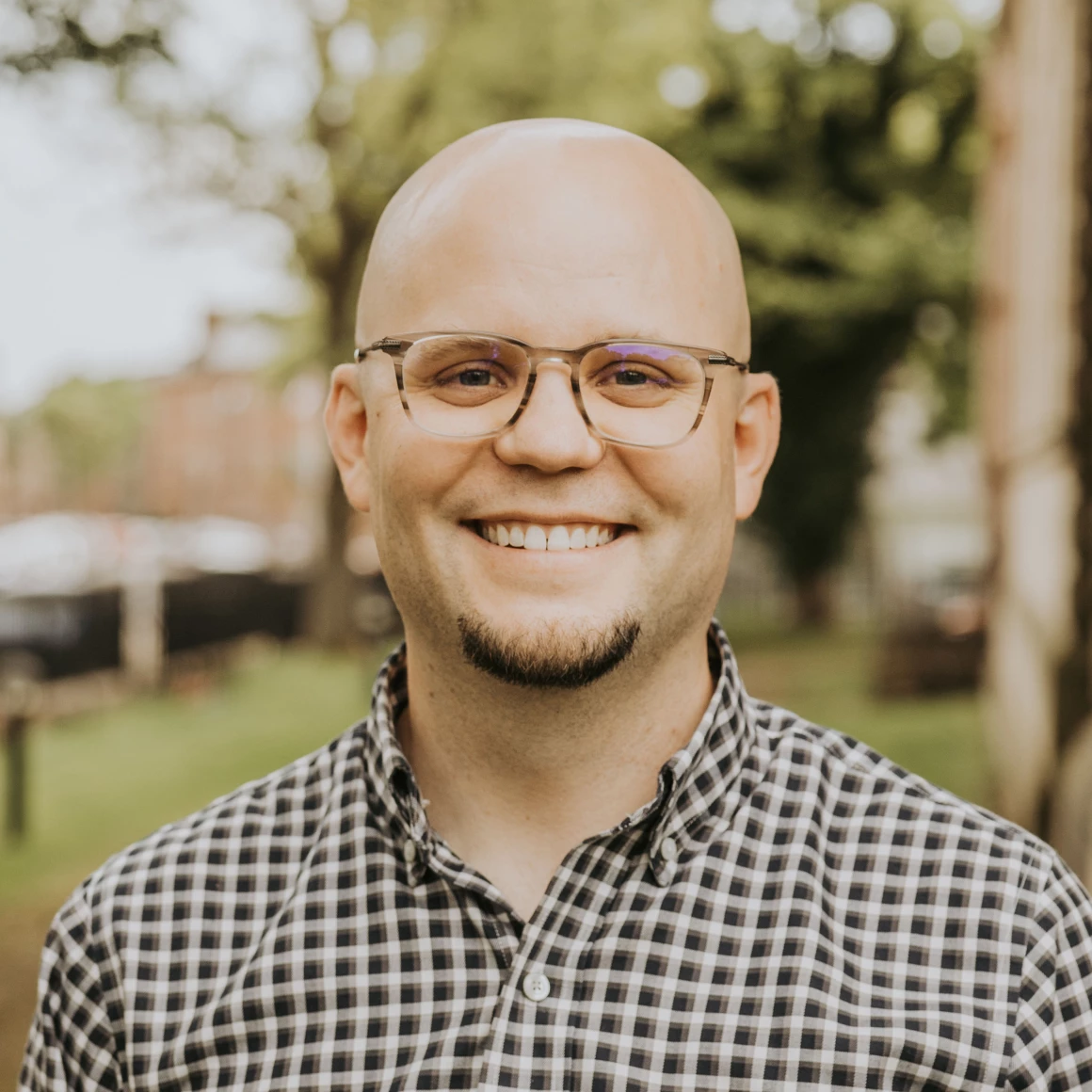We live in a time when differences in theologies and worldviews have sparked military and ideological wars around the globe. Belfast native and well-known author and theologian, C. S. Lewis once famously described theology as a map, arguing that it is eminently practical, guiding us as we seek to navigate our daily lives. Whether they acknowledge it or not, everyone gets their theology from somewhere—from the movies, social media, the news, or even the local pub or football pitch. As Lewis observed, “If you don't listen to theology, that won't mean you have no ideas about God; it will mean you have a lot of wrong ones.”
When potential students hear that Union Theological College offers a 3-year residential BA (Hons) Theology degree to undergraduate students, they often ask some combination of the following four questions: (1) What is theology? (2) What topics would I study in a theology degree? (3) How can I prepare for a degree in theology? And (4) What job opportunities and career pathways are available if I were to graduate with a theology degree?

